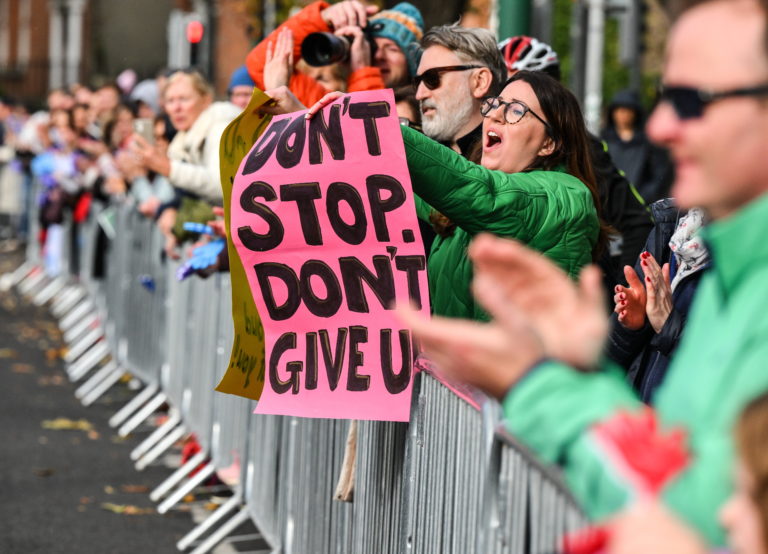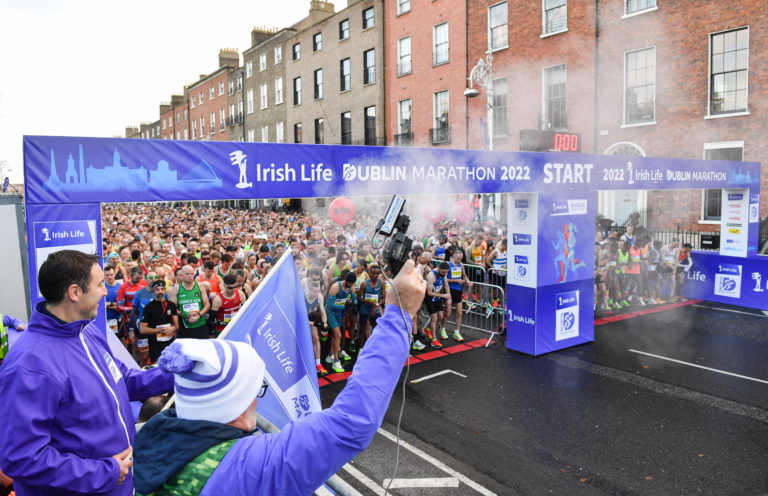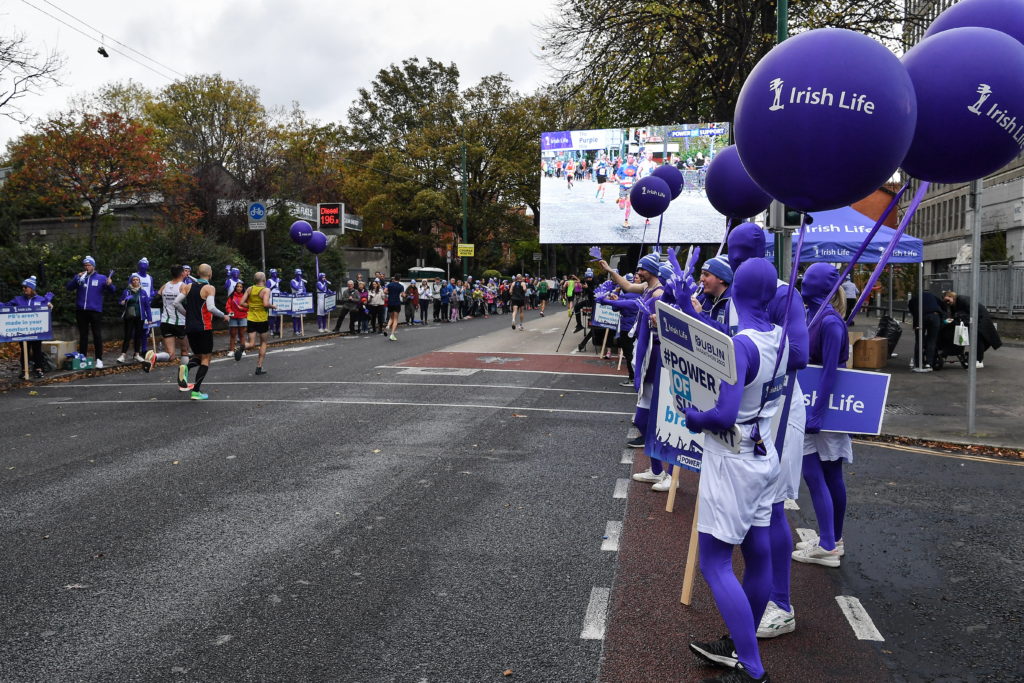Like many industries, events faced a challenging period during the Covid-19 pandemic. However, a strong yet tedious recovery has been evident in the last year as businesses are once again allocating budget towards the unique opportunities that sponsoring events provide.
According to a recent study, 97% of marketers believe that events are the most effective channel for driving business outcomes. So, whether you are a marketing manager looking to highlight your brand or an event owner looking to attract sponsors for your event portfolio, here is our ultimate agency guide to event sponsorship in 2023.
Event sponsorship is a fantastic way for businesses to get their name out into the public domain. By sponsoring an event, businesses can raise brand awareness, create product loyalty, and connect to their target market. Event sponsors provide financial support or services in exchange for recognition at the event including naming rights, branding, association, and product sampling opportunities.
Companies use the event association to infiltrate specific communities and build on the opportunity to engage with the attendees, as well as highlight their products or services. It is a fantastic way for businesses to build recognition around their brand and drive new leads.

There are many reasons businesses chose to direct a portion of their marketing spend towards events. Here are a few of the main considerations’ businesses might look at:
Firstly, understanding that give-and-take is key to attracting and securing the right sponsors. It should be top-of-mind, and the catalyst for every sponsor relationship. This theme should be prevalent during the entire sponsorship relationship journey. From a brand perspective it is important to identify events that suit the profile of your ideal customer and will elevate your brands status or goodwill by association. For example, a company like Irish Life might not send the right message if they were planning to sponsor a UFC tournament, but an event such as the Dublin Marathon, it is a great fit for the brand.

The most successful events focus on what it will take to enrich sponsors and understand what they want. Brands will naturally gravitate towards events that they feel are not just there for their own enrichment, but partnering with them to help them achieve their own goals.
Event organisers can often get fixated on the bottom-line profit of the event. It is understandable, especially because they are responsible for proving the ROI of the event. However, hyper-focus on the funding without balancing the value provided to the sponsors can be detrimental to both parties.
Long-term relationships with sponsors can be the gift that keeps on giving. Valued sponsors will continue to be a revenue generator for future events. Brands that receive value from events will want to continue their partnerships for future events, especially if their brand aligns well with the event audience. Keeping relationships with valued sponsors strong throughout the year solidifies future partnerships. We will delve more into the intricacies of long-term sponsorship agreements in future Ripple blogs.
Forming and managing a sponsorship agreement can be daunting, but there are a few key components to help make the process smoother for both parties. Primarily, clearly define what each party is looking for from the agreement as this will help narrow down expectations on both sides and give everyone a more manageable outcome. It is also important to be organized by creating checklists that need to be completed before an agreement is finalised, this will help keep everyone accountable throughout the entire process.
Finally, always remain flexible and open to negotiation as situations change or objectives shift over time. Remember that no matter how solid an initial contract may seem, focus on creating value-driven solutions – this will ensure that your sponsorship agreement remains profitable both now and in the future.
Measuring the return on investment (ROI) of event sponsorship can be a tricky process, but it is a vitally important part of making sure the event sponsorship relationship runs smoothly. The goal is to determine the value of the sponsorship deal and how much money you are putting in. You can measure things like brand exposure, participants, social impressions, leads generated, and sales. You should also consider any impressions or interactions that come up from sponsors before and after an event – social media engagement, or people talking about your event! Keep track of everything so your team can review and assess ROI measurements when the time comes.
Brand activation is a key component of ROI at an event, how a brand manages their presence at an event can determine its success. By formulating a key engagement strategy, the brand can make sure they go from being a logo on a t-shirt to building meaningful exposure at events. The Irish Life Purple Mile activation is a good example of a sponsor engaging directly with both athletes and spectators at the marathon event.

Hubspots formula for quantifying your ROI can be a valuable tool for both sponsors and event organisers.
As an agency focused on event marketing, Ripple bridges the gap between sponsors and event organisers. Understanding both parties is often the key to developing a successful event sponsorship that benefits both parties. If you would like some help in finding your next event sponsorship, our team is ready to offer our expertise.

Written by Richard Beswick
| Cookie | Duration | Description |
|---|---|---|
| cookielawinfo-checbox-analytics | 11 months | This cookie is set by GDPR Cookie Consent plugin. The cookie is used to store the user consent for the cookies in the category "Analytics". |
| cookielawinfo-checbox-functional | 11 months | The cookie is set by GDPR cookie consent to record the user consent for the cookies in the category "Functional". |
| cookielawinfo-checbox-others | 11 months | This cookie is set by GDPR Cookie Consent plugin. The cookie is used to store the user consent for the cookies in the category "Other. |
| cookielawinfo-checkbox-necessary | 11 months | This cookie is set by GDPR Cookie Consent plugin. The cookies is used to store the user consent for the cookies in the category "Necessary". |
| cookielawinfo-checkbox-performance | 11 months | This cookie is set by GDPR Cookie Consent plugin. The cookie is used to store the user consent for the cookies in the category "Performance". |
| viewed_cookie_policy | 11 months | The cookie is set by the GDPR Cookie Consent plugin and is used to store whether or not user has consented to the use of cookies. It does not store any personal data. |